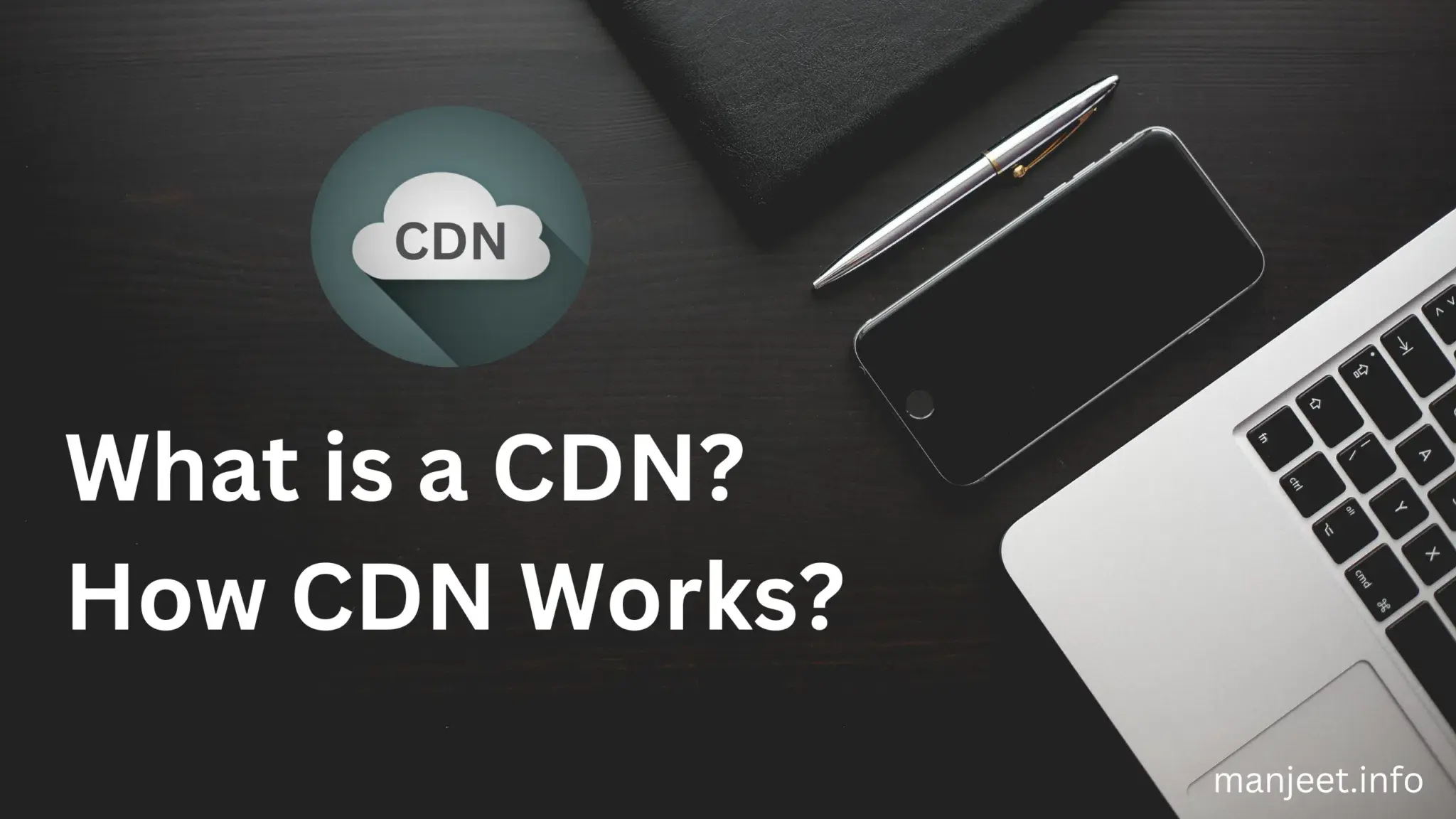In today's digital age, website speed and performance are critical factors affecting your website's success. One technology that can help improve your website's speed and performance is a Content Delivery Network (CDN). This blog post will explain what a CDN is and how it works.
What is cdn?
A CDN would cache the site's static content, like images, videos, and other files on its servers, and it would then serve those files to the user, out of the server nearest to the user in the network. This saves the amount of content that needs to be searched and consequently gives faster rates, and the user experience is good. When someone lands on your website, their browser will request your server to download that website's content.
How does cdn work?
Here's a step-by-step explanation of how a CDN works:
- User requests website content: When a user requests website content, such as an image or a video, their request is directed to the nearest server in the CDN.
- Server checks for content: The server checks if it has a copy of the content in its cache.
- Server delivers content: If the server has a copy of the content in its cache, it gives it to the user. If it doesn't, it requests the content from the origin server, caches it, and delivers it to the user.
- Content is cached: Once the content is cached on the CDN's server, it stays there until its cache expires or until it is updated on the origin server.
Suppose you have a site stored on a server in New York, but an Australian wants to visit your site. Without a CDN, the request made by the user would be transmitted from New York to Australia, slowing down the loading and thus resulting in a low user experience. Using a CDN, though, your website is stored on a server in Australia. When the user gets to your site, the CDN automatically sends the request to the Australian server, which sends the cached content to the user's browser. This has the effect of making loading times quicker and giving a more user-friendly experience.
Benefits of using a CDN
Using a CDN has several benefits, including:
- Faster website loading times: By caching your website's content on multiple servers worldwide, a CDN can significantly reduce the time it takes to load your website's content.
- Improved user experience: Faster loading times and reduced latency result in a better user experience, which can increase user engagement and conversions.
- Better website availability: A CDN can help ensure your website is always available, even during high traffic spikes or server outages.
- Improved website security: Some CDNs offer security features, such as DDoS protection and SSL/TLS encryption, which can help protect your website from attacks and data breaches.
Use Cases for CDNs
- E-commerce: Online retailers use CDNs to ensure fast, reliable, and secure shopping experiences for customers worldwide.
- Streaming Media: Video streaming services leverage CDNs to deliver high-quality video content with minimal buffering, regardless of the viewer's location.
- Gaming: Online gaming platforms use CDNs to reduce latency and provide smooth gameplay experiences.
- News and Media: News websites and media outlets use CDNs to quickly and efficiently distribute large volumes of content, especially during peak traffic.
- Software Delivery: Companies distribute software updates and downloads via CDNs to ensure reliable delivery to users globally.
Popular CDN Providers
- Akamai Technologies: One of the largest and most established CDN providers, known for its extensive global network.
- Cloudflare is a popular choice offering CDN services and robust security features.
- Amazon CloudFront: A CDN integrated with Amazon Web Services (AWS), offering scalability and reliability.
- Google Cloud CDN: Part of the Google Cloud Platform, known for its integration with Google's infrastructure.
- Fastly: A high-performance CDN provider used by many large-scale websites and applications.
To conclude, a CDN is a geographically dispersed server system that provides users with web content based on location. CDN can also greatly enhance loading time and user experience as it stores your site's content on several servers. Security and scalability are also features that CDNs can provide to help improve your overall performance and site availability.
Also read How to Create a Web Server and Deploy Your Web Application: A Step-by-Step Guide
